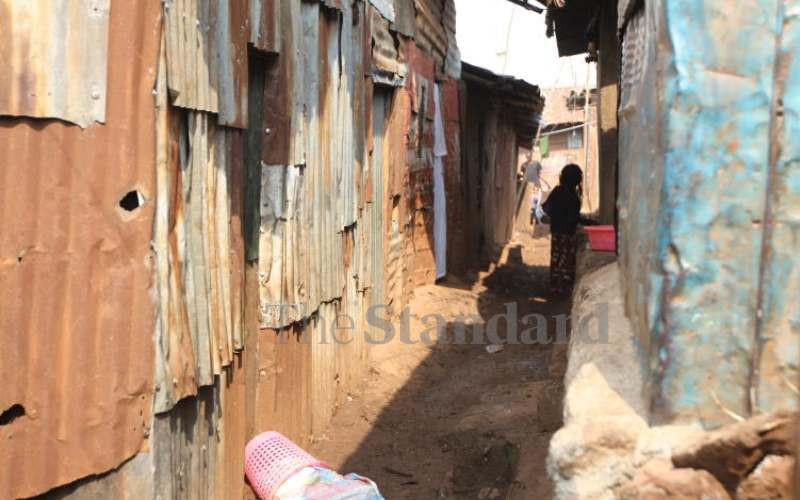×
The Standard e-Paper
Fearless, Trusted News

Young people migrate to cities and towns in pursuit of education, employment opportunities and better livelihoods.
This results in urbanisation, and the proliferation of unplanned and informal settlements, often dubbed slums. In 2019, the migration to Kenyan cities was 27.5 per cent, a 0.5 per cent increase.